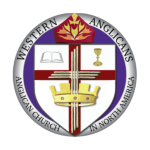The Anglican Way
Anglicanism
The term Anglicanism is one that is not well understood by those outside of the Anglican Church. It is best to look at some related definitions to fully understand the term Anglicanism.
The word Anglican originates from the Medieval Latin phrase, ecclesia anglicana, which means the English Church. The English Church became the Church of England in 1534. An Anglican is an individual who adheres to and follows the core beliefs and traditions of the Church of England.
It is not a special form of Christianity
It is a preservation of the authentic Christianity as given to the Apostles by our Lord Jesus Christ and passed down from generation to generation (Jude 1:3). Anglicans understand the Word of God as set forth in the Old and New Testaments of the Bible to contain all things necessary for salvation and to be the rule and ultimate standard for Christian living. In other words, the Bible is the anchor of our faith and everything Anglican is tied to it.
The Thirty-Nine Articles of Religion are a doctrinal statement developed and written by Archbishop Thomas Cranmer, along with other clergy, in the mid 16th century and approved by Queen Elizabeth I in 1571. The Thirty-Nine Articles of Religion, Anglicanism, along with the first four Councils of the Church, the Apostles’
Creed, Nicene Creed, the Creed of Saint Athanasius, and the Book of Common Prayer helped to define Anglicanism. The authority of the Thirty-Nine Articles comes because of their agreement with Scripture.
The Anglican Church is a liturgical church
The word liturgy comes from the Greek leitourgia, which means “participation of the people in the work of God.” Our liturgy is one in which the whole congregation participates. Not only does the liturgy provide order and sequence for the service, but it also reminds us of the great traditions of the Early Church that we have
maintained for hundreds of years.
The centerpiece of the Anglican worship service is the Eucharist or Holy Communion.
Anglicans focus their worship on communion because the sacrament of the Lord’s Supper was instituted, indeed commanded, by Christ Himself for the continual remembrance of His life, death, and resurrection, and of the promise that He will come again. It is a very powerful and uplifting sacrament that renews us to serve the Lord with all our heart, mind, and spirit. It is Anglicanism at its best.
It has been said that Anglicanism is a container for Christian truth to be passed along from generation to generation. That is our mission.
The Nicene Creed
We believe in one God, the Father, the Almighty, maker of heaven and earth, of all that is, visible and invisible. We believe in one Lord, Jesus Christ, the only Son of God, eternally begotten of the Father, God from God, Light from Light, true God from true God, begotten, not made, of one Being with the Father. Through him all things were made. For us and for our salvation he came down from heaven: by the power of the Holy Spirit he became incarnate from the Virgin Mary, and was made man. For our sake he was crucified under Pontius Pilate; he suffered death and was buried. On the third day he rose again in accordance with the Scriptures; he ascended into heaven and is seated at the right hand of the Father. He will come again in glory to judge the living and the dead, and his kingdom will have no end. We believe in the Holy Spirit, the Lord, the giver of life, who proceeds from the Father and the Son. With the Father and the Son he is worshiped and glorified. He has spoken through the Prophets. We believe in one holy catholic and apostolic Church. We acknowledge one baptism for the forgiveness of sins. We look for the resurrection of the dead, and the life of the world to come. Amen.
What is Anglican Worship?
The 2019 Book of Common Prayer
The 2019 Book of Common Prayer is a structured biblical order of worship and a comprehensive service guide for Anglican churches. We believe in the power of written prayers and the history of the Church tradition. These prayers have been said by hundreds of thousands of church members across time. We believe these prayers hold and shape our theology. They form us and guide us to the truth in Scripture and the right worship of God.
“The 2019 Book of Common Prayer is nothing more than the Bible organized for worship”
—Archbishop Emeritus Robert Duncan




